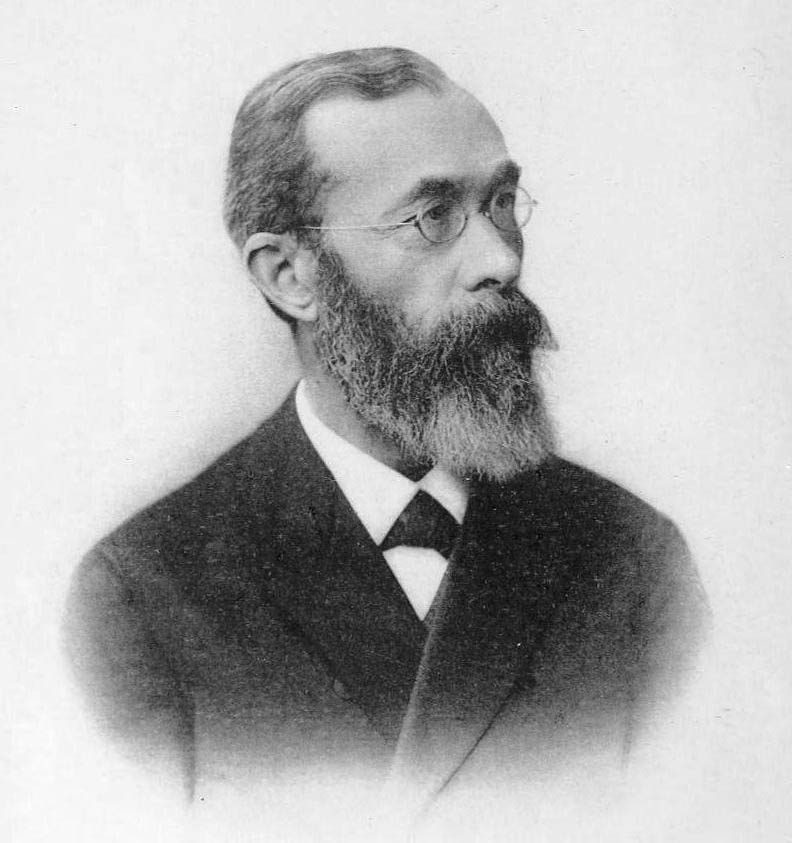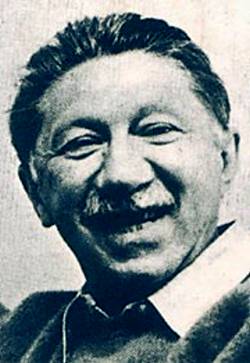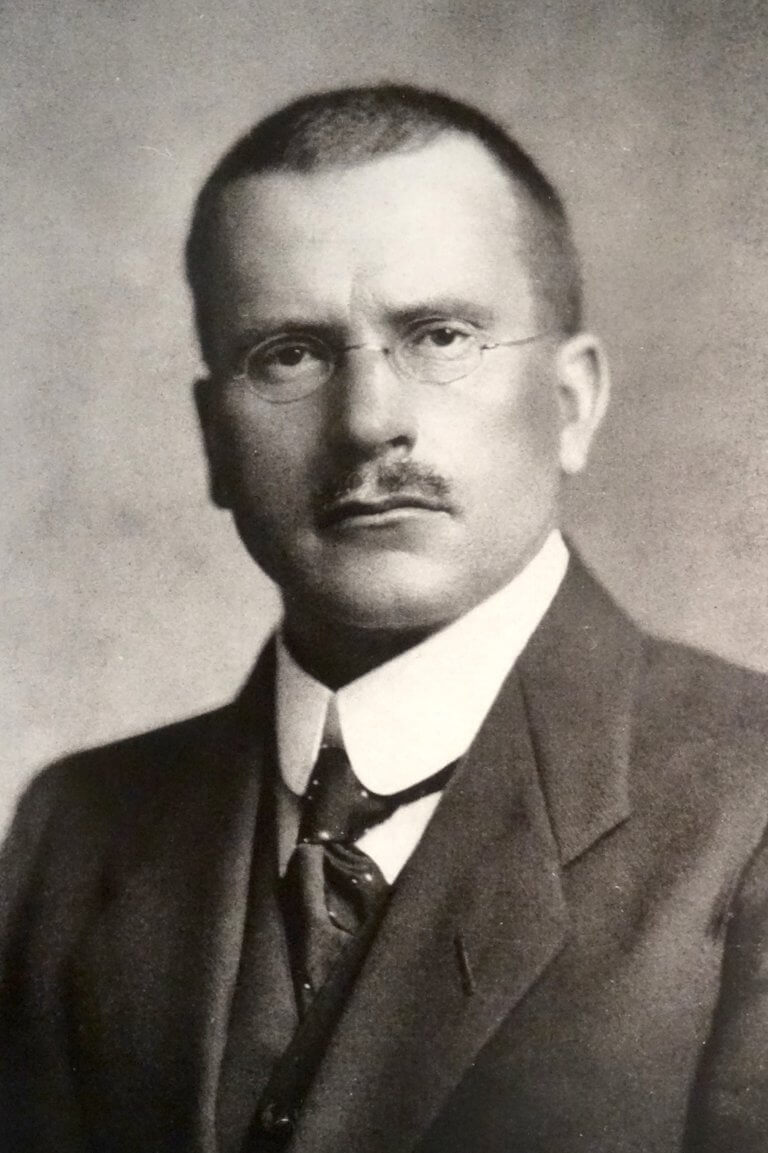Structuralism Definition and Examples in Psychology
Structuralism, an early school of thought in psychology, aimed to decompose the human mind into its most basic components. By analyzing individual elements of consciousness, it sought to understand the structure of mental processes. Key Takeaways What Is Structuralism in Psychology? Structuralism is an early school of psychology founded by Wilhelm Wundt and popularized by…

Structuralism, an early school of thought in psychology, aimed to decompose the human mind into its most basic components. By analyzing individual elements of consciousness, it sought to understand the structure of mental processes.
Key Takeaways
- Structuralism aimed to break down mental processes into their smallest components.
- Wilhelm Wundt and his student Edward B. Titchener were key figures in this approach.
- Structuralism used introspection to study consciousness.
- It contrasts with functionalism, which focuses on the purpose of mental processes.
- Though largely replaced, structuralism influenced early experimental psychology.
What Is Structuralism in Psychology?
Structuralism is an early school of psychology founded by Wilhelm Wundt and popularized by his student Edward B. Titchener. It aimed to analyze the human mind by breaking down conscious experiences into their most basic elements through introspection.
Structuralism sought to understand the human mind by breaking it down to its smallest possible components. For example, to understand human consciousness, structuralism would try to break conscious experience down into much smaller elements, such as the perceptions, images, or experiences associated with consciousness.
It is regarded as the first school of thought in psychology. While structuralism is usually associated with Wilhelm Wundt, his student, Edward Bradley Titchener, was largely responsible for presenting structuralism as history remembers it.
Let’s take a closer look at structuralism, how it formed, and its influence on psychology.
A Brief History of Structuralism
Psychology itself did not emerge as a discipline separate from biology and philosophy until the late 1800s. The founding of the very first experimental psychology laboratory in Leipzig, Germany, formally established psychology as a separate science.
The scientist Wilhelm Wundt was responsible for establishing the lab, which is why he is widely regarded as the father of psychology.
Wundt was interested in objectively and scientifically studying the mind’s inner workings. He utilized a method known as introspection, which involves carefully training observers to analyze the contents of their thoughts.
While his methods don’t stand up to the rigor of today’s scientific methods, they did help make psychology a more scientific discipline.
Wundt’s background was in physiology, so many of his experiments involved things such as looking at reaction times and sensory processes. Wundt believed that he could carefully analyze each element of the mind, breaking things down into smaller parts, to understand how the mind works.
He viewed this as being very much the same way that a physiologist might look at different parts of the body to understand how these parts function together.
During this period of history, many areas of science were focused on what is known as elementalism, or breaking things down to their smallest possible parts. This approach led to several important discoveries (consider our understanding of things such as cells, molecules, atoms, and DNA), so it is not surprising that this approach entered the emerging field of psychology.
Structuralism: The Basics
How can structuralism be defined? Structuralism was essentially the study of all the many elements of human consciousness.
Much like we might break down all of the parts of a substance into its many different chemical components, Wundt believed that consciousness was also made up of numerous parts. Through his process of introspection, he believed that he could scientifically analyze and identify the various elements of the human mind.
The introspection process involved presenting some type of stimulus to a highly trained observer. The observer would then report on their experience, including thoughts, feelings, sensations, and perceptions.
While Wundt is credited as the founder of structuralism, he didn’t use the term to refer to his approach. Instead, he called his approach to psychology as volunteerism.
His student, Edward B. Titchener, coined the term structuralism. Titchener is credited with introducing Wundt’s work in America, yet critics note that he largely misrepresented much of his mentor’s work.
Despite this, Titchener became a strong force in early psychology and is responsible for establishing the very first school of thought in psychology.
Structuralism vs. Functionalism
It can be helpful to contrast structuralism to functionalism, another school of thought that emerged in response to the structuralist approach.
Where structuralism was focused on breaking elements of the mind down into their smallest parts, functionalism was more interested in understanding how the components of the mind work together to serve practical uses.
Essentially, structuralism was concerned with identifying and describing the many different components of the mind. On the other hand, functionalism took a more holistic approach and explored how the mind helps people function in their environment.
Examples of Structualism
While structuralism is no longer a dominant school of thought in psychology, many of the methods that emerged from this approach are still used today.
For example:
- Researchers might ask participants in a study to keep a journal of their thoughts and experiences while engaging in certain activities.
- Psychologists might ask consumers to watch advertisements and then describe their responses to these ads.
- Experimenters in a naturalistic observation study might keep notes where they track their thoughts as they observe members of the target population.
In many of these examples, researchers rely on introspection to learn more about what people think as they participate in research.
What Impact Did Structuralism Have on Psychology?
Thanks to Titchener’s influence, structuralism became an important force during the early years of psychology. But it was not without its critics. The school of thought known as functionalism soon emerged, partially in response to structuralism.
Rather than simply looking at the parts of consciousness, functionalism stressed looking at the purpose and function of human thought and behavior.
The two schools of thought became competing elements in psychology. The psychologist Mary Whiton Calkins called for a reconciliation between the two approaches, but Wundt famously derided functionalism as merely “literature” while American psychologist and philosopher William James dismissed structuralism as having “no thought.”
While many schools of thought continue to have an influence today, structuralism essentially disappeared when Titchener died.
What Contributions Did Structuralism Make to Psychology?
While structuralism was relatively short-lived, it played an important role in the development of early psychology and influenced the emergence of experimental psychology.
So why study structuralism if it has been largely replaced by other schools of thought such as psychoanalysis, behaviorism, and cognitive psychology?
Structuralism still had an important role during the beginnings of psychology, and understanding how it emerged can give students a greater appreciation of how psychology developed into what it is today.
Learn more about psychology history by exploring these important moments in the history of psychology.
Sources:
Gozli DG, Deng WS. Building blocks of psychology: On remaking the unkept promises of early schools. Integr Psychol Behav Sci. 2018;52(1):1-24. doi:10.1007/s12124-017-9405-7
Kob L. Exploring the role of structuralist methodology in the neuroscience of consciousness: a defense and analysis. Neurosci Conscious. 2023;2023(1):niad011. Published 2023 May 17. doi:10.1093/nc/niad011
Schultz, DP & Schultz, SE. A History of Modern Psychology. Boston, MA: Cengage Learning; 2016.



